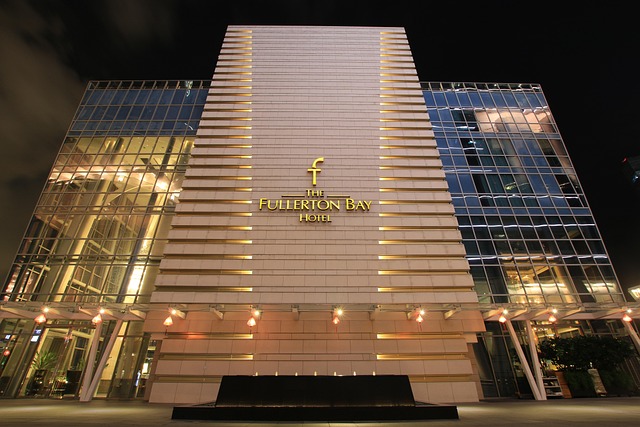Honestly, doesn’t travel planning feel like a hassle? The endless scrolling through reviews, the marketing fluff, the ‘must-visit’ lists that seem to contradict each other—it’s enough to make one consider a staycation. This blog takes care of that by gathering only ‘real information,’ stripped of empty praise. For your enjoyable trip, we handle the tedious information gathering for you, ensuring you get straight to the facts that truly matter.
Country
Singapore, an island nation situated at the southern tip of the Malay Peninsula, presents a unique blend of diverse cultures, modern architectural marvels, and meticulously managed green spaces. It serves as a global financial hub, drawing travelers who seek a dynamic mix of urban exploration and natural beauty. The country’s various planning areas and regions each offer distinct experiences, from bustling city centers to tranquil resort islands.
Singapore’s cities often project a vibrant and modern atmosphere, characterized by a seamless blend of various cultures and abundant green initiatives. One might observe a bustling energy in the central districts, creating an almost palpable pressure that discourages standing still. Conversely, the outer regions and designated nature reserves tend to offer a noticeably more relaxed pace, providing a quiet contrast.
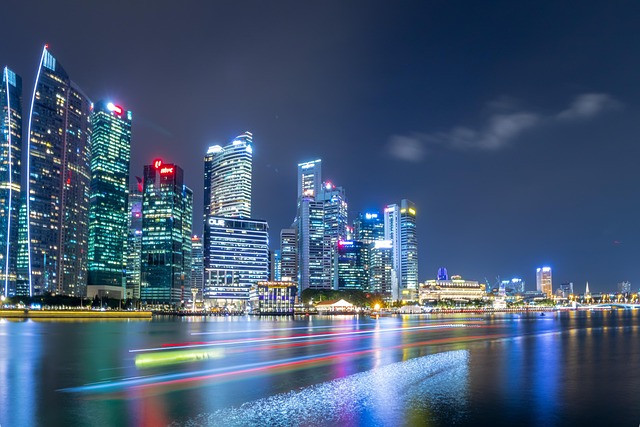
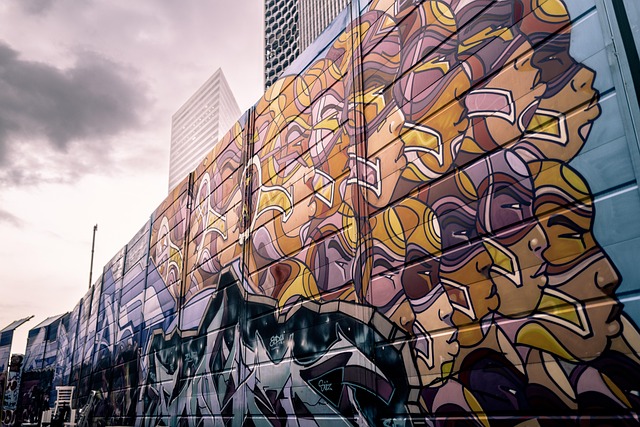
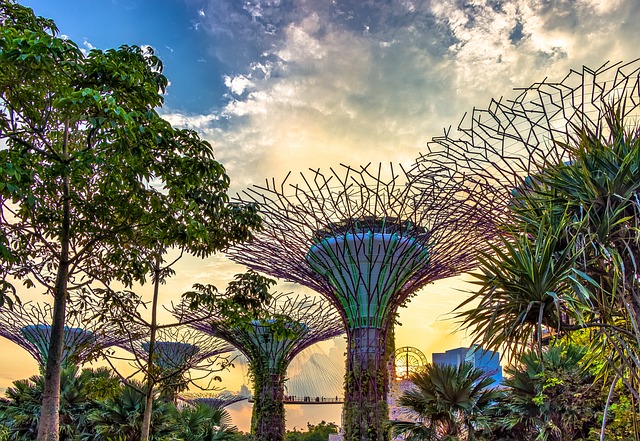
Visa
Visa requirements are subject to change based on nationality and current policies. It is essential to verify the latest regulations directly with the Immigration & Checkpoints Authority (ICA) or a Singapore embassy/consulate before travel.
Time for the most boring, but most important, part of travel: the homework. Applying for your visa well in advance of your travel dates is a practical decision. Ensure your passport remains valid for at least six months beyond your intended departure. Having all necessary documents readily available upon arrival is also prudent; once this is done, the real fun begins.
Type
Tourist, Business, Transit
Fee
Visa fees vary by type and nationality, generally ranging from SGD 20 to SGD 90. Payments are usually accepted via credit cards or bank transfers.
Duration
Visa-free stays range from 30 to 90 days, depending on nationality. Tourist visas are typically valid for around 30 days, with potential extensions.
Required
Visa requirements vary significantly by nationality. Many visitors can enjoy visa-free entry for up to 30 or 90 days. Others may require an e-visa or a traditional visa from a Singapore embassy or consulate.
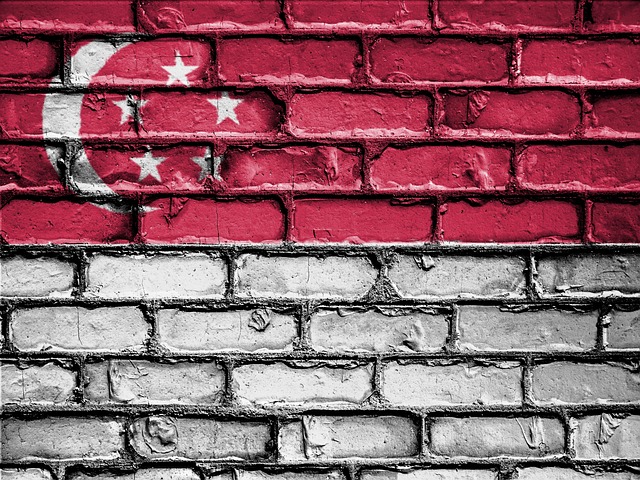
Currency
Name
Singapore Dollar
Code
SGD
Rate
The Singapore Dollar maintains relative stability against major global currencies such as the USD, EUR, and GBP. Exchange rates fluctuate, so checking current rates prior to your trip is advisable.
Language, English, Malay, Mandarin, Tamil
Singapore operates as a profoundly multilingual society, with English serving as a primary language in business, government, and education. Signage is typically provided in English, which significantly aids tourists in navigation and understanding. The presence of Malay, Mandarin, and Tamil further enriches the linguistic landscape.
While English is widely spoken, particularly in tourist areas, attempting a few basic phrases in Malay, Mandarin, or Tamil can often be met with appreciation. Translation applications can prove helpful for communication in less frequented local neighborhoods or hawker centers where English proficiency might be less universal.
Climate
Attractions
-
01
Gardens by the Bay
This futuristic park is renowned for its iconic Supertrees, the ethereal Cloud Forest, and the vibrant Flower Dome. It provides stunning views and a distinctive horticultural experience, merging nature with innovative design.
-
02
Marina Bay Sands
An integrated resort, Marina Bay Sands features a prominent hotel, a casino, extensive shopping options, diverse restaurants, and an observation deck that offers panoramic city views. Its distinctive architecture makes it an easily recognizable landmark.
-
03
Sentosa Island
A dedicated resort island, Sentosa boasts a variety of beaches, theme parks, and attractions. Notable highlights include Universal Studios Singapore, offering thrilling rides, and the S.E.A Aquarium, which showcases diverse marine life.
-
04
Singapore Zoo
Operating on an ‘open-concept’ model, the Singapore Zoo allows animals to reside in naturalistic habitats, offering visitors an immersive experience. It focuses on conservation and education through its various exhibits.
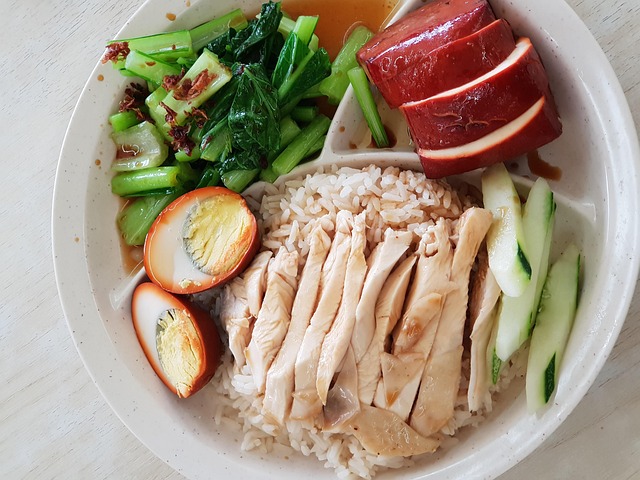
Food
-
01
Hainanese Chicken Rice
A quintessential Singaporean dish, Hainanese Chicken Rice features tender poached chicken served with fragrant rice cooked in chicken broth. It is typically accompanied by a piquant chili sauce and a ginger paste, creating a balanced flavor profile.
-
02
Chilli Crab
Chilli Crab is a popular seafood dish where crabs are cooked in a thick, sweet, savory, and spicy tomato-based sauce. It is often enjoyed with fried mantou (buns) for dipping, making it a communal dining experience.
-
03
Laksa
Laksa is a spicy noodle soup distinguished by its rich coconut milk broth. It commonly includes prawns, cockles, and fishcake, offering a hearty and aromatic culinary experience with regional variations.
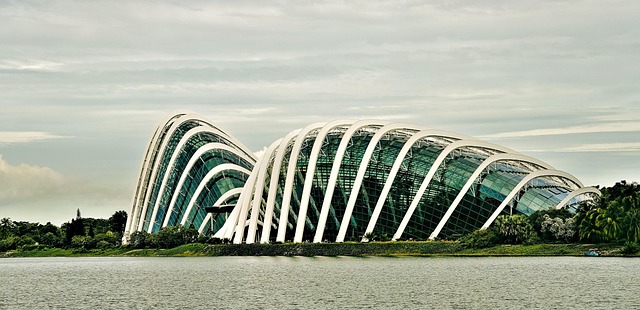
Event
-
01
Multicultural Festivals
Singapore’s diverse cultural heritage is celebrated through numerous festivals across the year, including Chinese New Year, Hari Raya Aidilfitri, Deepavali, and Christmas. These events feature unique traditions, culinary delights, and community gatherings, reflecting the nation’s rich tapestry of customs.
-
02
Daily Hawker Center Experience
While not a single event, the daily experience of hawker culture is a continuous celebration of Singaporean life. These open-air food courts offer an extensive array of affordable local dishes, providing a vibrant social and culinary hub.
Culture
Singapore’s cultural identity is a vibrant mosaic, shaped by significant influences from Chinese, Malay, Indian, and Western traditions. Within this diverse society, core values such as respect for elders and the pursuit of social harmony are highly regarded and deeply embedded in daily interactions.
Being mindful of local customs and traditions is a practical approach. When visiting religious sites, modest attire is generally expected. Public displays of affection are often best kept discreet. Additionally, removing one’s shoes before entering a private home or a temple is a common sign of respect.
Hawker Culture
Religious Diversity
Festivals
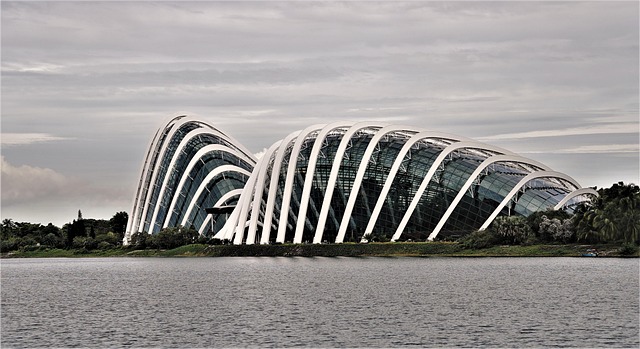
Etiquette
Singaporeans generally place a high value on cleanliness and orderliness in public spaces. Consequently, public behavior is typically expected to be respectful and considerate of others, contributing to the nation’s well-maintained environment.
The bare minimum guide to avoid hearing ‘We don’t do that in my country’ includes several key points. Chewing gum in public is prohibited, so it’s best to avoid it. Littering should be strictly avoided; use designated bins. Eating or drinking on public transport is also not permitted.
Greetings
Dining
Public Spaces
Safety
Tips
A fun trip is only complete when you get back home safely. Singapore is widely recognized as a very safe country with low crime rates. However, remaining aware of your surroundings and taking general precautions against petty theft, especially in crowded tourist areas, is always advisable. Avoiding poorly lit areas alone at night is prudent. Utilizing reputable taxi services or established ride-hailing applications is also recommended. Keeping copies of important documents separate from the originals provides an additional layer of security, as pickpockets are faster than you think.
Water
Tap water in Singapore is generally considered safe for consumption directly from the faucet. For those who prefer it, bottled water is also readily available across the country.
Emergency
Contact
For immediate assistance, the emergency contact numbers are: Police: 999, Ambulance: 995, Fire: 995. It is always wise to verify these numbers locally upon arrival, as they can occasionally be subject to change.
Facilities
Singapore boasts excellent medical facilities, including numerous modern hospitals. Most of these institutions are equipped to accept international insurance. In situations requiring consular assistance, contacting your respective embassy or consulate is the recommended course of action.


